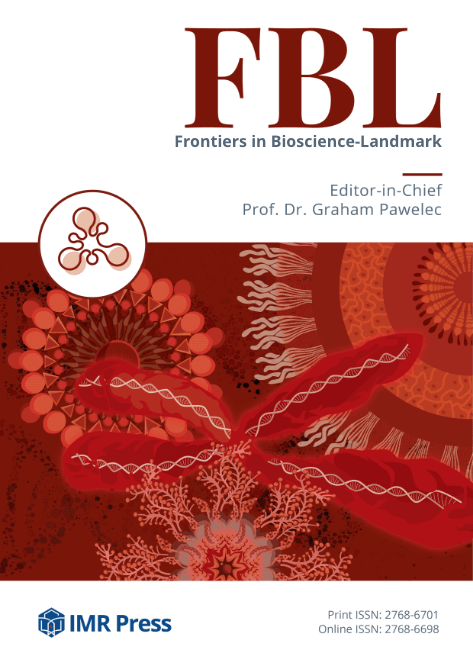Frontiers in Bioscience-Landmark (FBL) is published by IMR Press from Volume 26 Issue 5 (2021). Previous articles were published by another publisher on a subscription basis, and they are hosted by IMR Press on imrpress.com as a courtesy and upon agreement with Frontiers in Bioscience.
Dendritic cells are the most potent antigen presenting cells and have long been recognized as key regulators of the immune system, linking both stimulatory and inhibitory components of normal immunity. While DCs are fully characterized with respect to primary and secondary immune responses, their unique role in coordinating central and peripheral tolerance is just emerging. It is increasingly evident that the failure of DCs ability to maintain tolerance can lead to autoimmune and/or inflammatory diseases. However, existing literature highlighting participation of DCs in several autoimmune phenomena is scattered and remains underappreciated. This review is a comprehensive account of current knowledge characterizing the role of DCs in various autoimmune diseases including psoriasis, rheumatoid arthritis, systemic lupus erythematosus, Sjogren's syndrome, and diabetes. Additionally, it provides a rare description of DCs participation in various neuroinflammatory disorders including multiple sclerosis, HAM/TSP, Alzheimer disease and prion-associated diseases. Finally, a detailed description of the possible mechanisms of DC involvement in regulating immune response towards self versus non-self is discussed. Overall, the goal of this review is to establish DCs in the interface of tolerance and autoimmunity and generate a global interest in this field in order to exploit DC potential for the therapy of inflammatory diseases.

